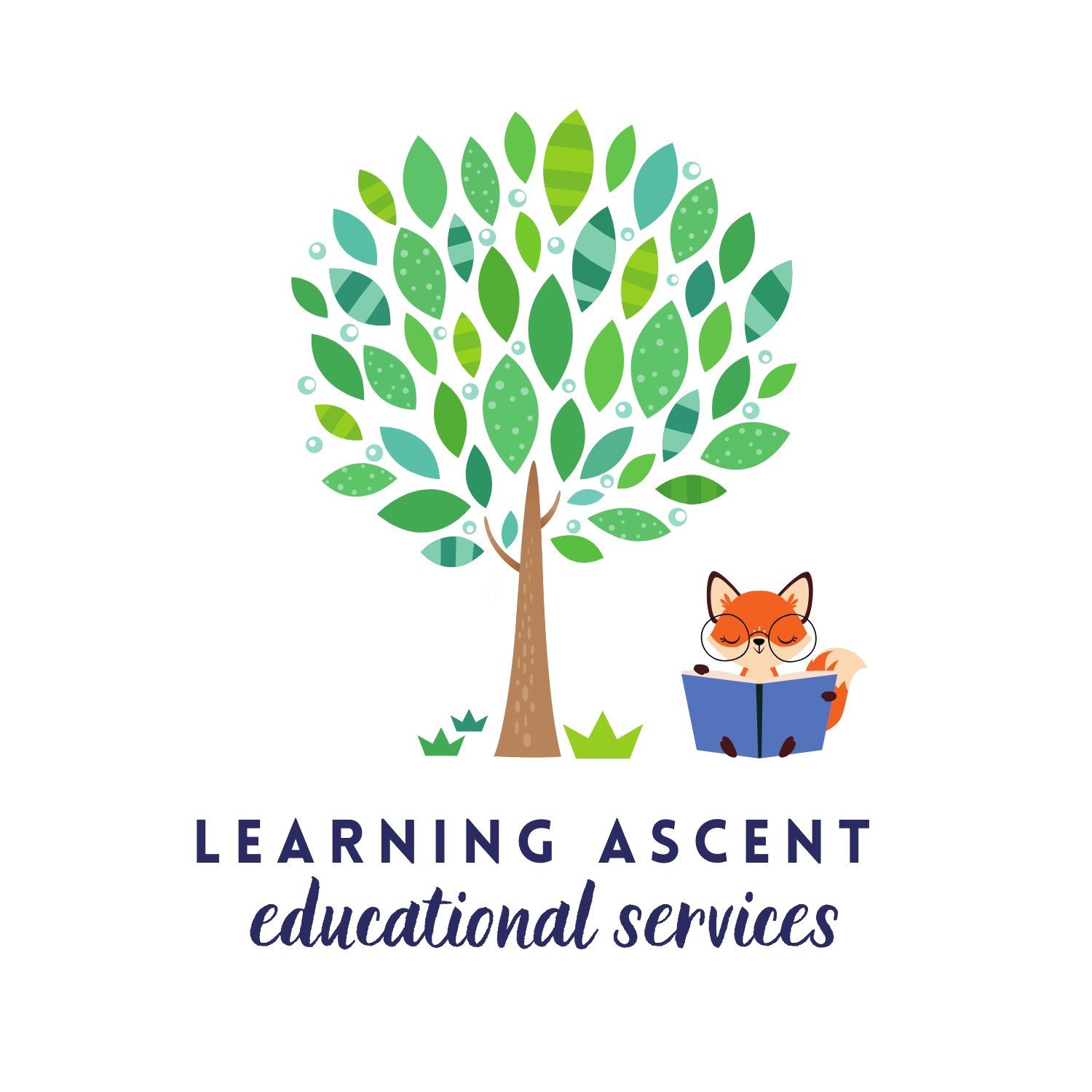
It’s the greatest obstacle to test prep success. Difficult to help “surmount.”
Have you guessed it? The number one problem is a student’s lack of vocab. This leads to a variety of issues: misunderstanding, inability to comprehend, time-loss, and damage to a calm sense of capability. Have you ever found yourself in a mental ditch because of a word like “obfuscate?” If so, you know how easy it is for one word to derail an entire train of thought. Luckily, it’s all just words. And here come the vocab tips: this is what you can do to improve your vocabulary and comprehend the text surrounding it.
Vocab Tips: Adopt a Simpler Voice
The first of these vocab tips I give students is goofy but effective. So much of our test-taking struggle is in our heads. So, when you find a word you don’t understand, you get nervous. When you read Jane Austen, her style and language intimidate you. So you don’t notice she’s roasting people like someone about to go viral on twitter. The way to remedy these nerves? Help your comprehension by adopting a simpler voice! Repeat the sentence to yourself in the most basic terms possible.
Here’s an example from Barchester Towers by Anthony Trollope:
“The great family characteristic of the Stanhopes might probably be said to be heartlessness, but this want of feeling was, in most of them, accompanied by so great an amount of good nature as to make itself but little noticeable to the world.”
Simplified version:
Man, these Stanhopes are some fake friends!
The vocabulary in this passage is not hard, but its structure is enough to throw someone off. Breaking it down helps comprehension of context. When you do get to a word you don’t know, that context can help you sort it out.
Vocab Tips: Look for Context
Context clues help. No man is an island and no word is an asteroid. Words exist as a brick in a wall, no, an entire building. So check the mortar, check the other bricks nearby. You’ll find hints. Check connotations. If the sentence seems negative, you can assume that the mystery word is also negative. Find synonyms.
Vocab Tips: Play with Vocab
Free Rice helps as a platform for practicing with synonyms and antonyms. It presents words you may not know, and more simplified options as synonyms and antonyms. The other bonus is that the site donates free rice to people in need the more you play.
Rather than cramming all your vocab into one session, pick 5 words. Put them on note cards, bring them with you. Make a Quizlet. Do other things. Set a timer for a random time in the day. Start with the flashcards. Then move to synonyms. Then move to using them in a sentence. Self-quizzing forces you to draw on your knowledge more than staring at a page with notes written on it.
Interleave Vocab
Find words with similar meanings or contextual applications. Learn them. Discover their nuances. Mastering similar words forces you to put more effort into remembering each. That is better than retaining at the moment and then forgetting later.
Space It
Don’t study your vocab all at once. Segment it and do a little per day. Past a certain point, it’s mindless repetition on the same day or at the same time. Mix old vocab in with the new vocab.
Use what you already know about root words, prefixes, and suffixes. Heck, review these as you review new vocab. Just because vocabulary is the biggest obstacle to test prep success doesn’t mean it’s all negative: once you overcome such a big obstacle, so many other elements of success will fall into place. Command of vocabulary is beneficial for both comprehension and confidence. If every question can be one you grasp fully, then so can every answer. These vocab tips can help.
“The effort of retrieving knowledge strengthens its staying power.” (Make it Stick)
For more on Interleaving, Spacing, and other ways to learn effectively, be sure to read Make it Stick by Peter C. Brown and Mark A. McDaniel.
BROWN, PETER C. MAKE IT STICK: the Science of Successful Learning. BELKNAP HARVARD, 2018.






